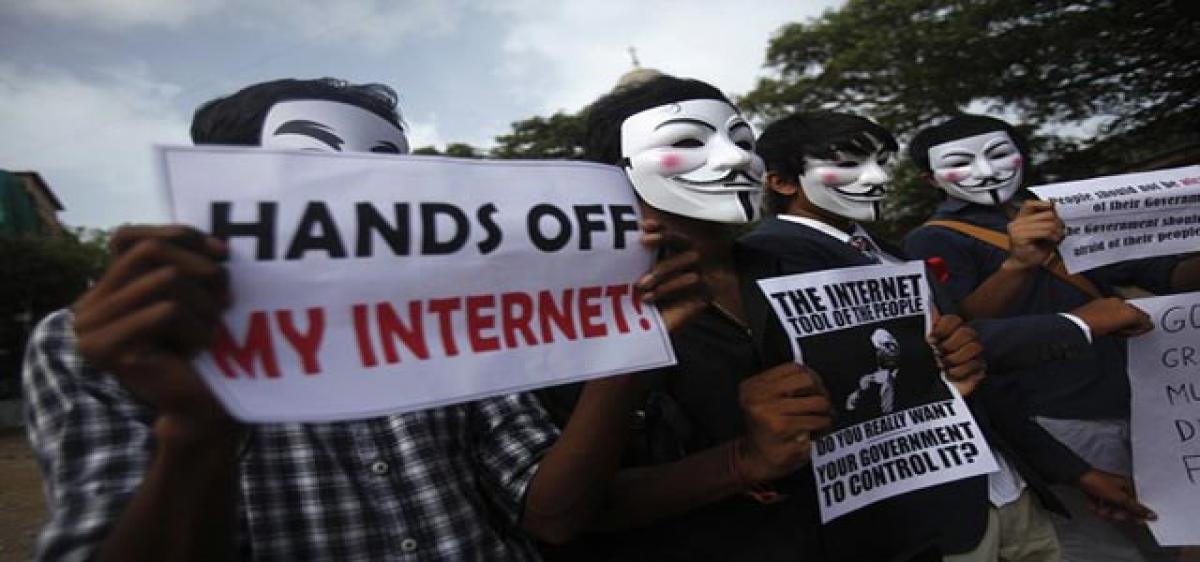Live
- Disenfranchisement of Muslims remark: K’taka Police summons seer for questioning on Dec 2
- Slovenia records highest unemployment rate in over 3 years
- How Indian Brands Are Driving the Net-Zero Mission on International ESG Day
- Centre okays Rs 4,969 crore package for fisheries sector
- New AI tool helps detect Alzheimer’s linked behaviours early
- IIT Bombay, DGH to foster R&D in decarbonising petroleum sector
- Office rentals rising steadily in top 10 Indian cities, Pune leads: Report
- Four killed as car over turnes
- Bank Holidays in December 2024: Banks in Telangana to be closed for 8 days
- Govt doubles down on addressing kids’ addiction to online games









